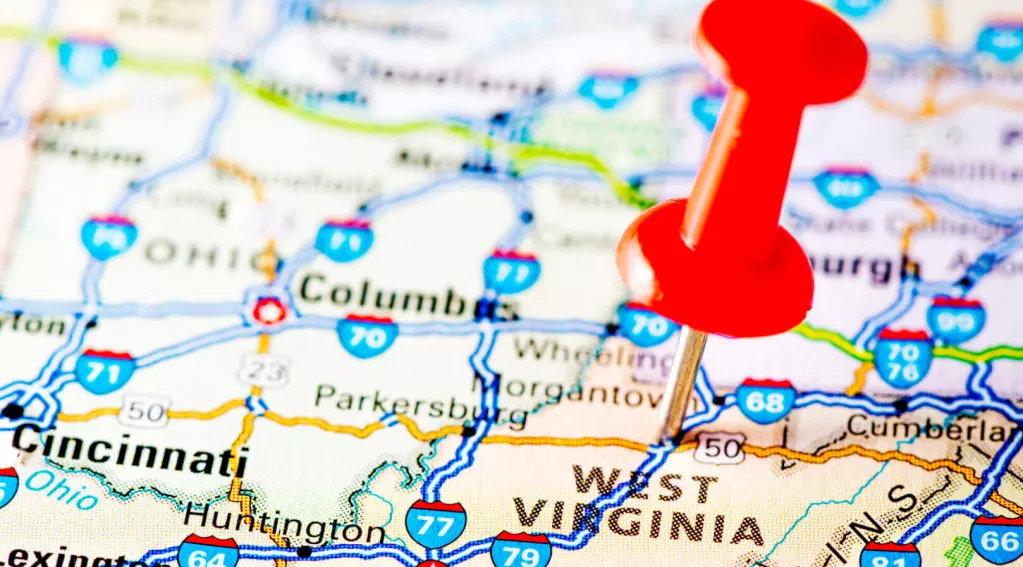Pressure Growing on Senator Manchin to Oppose Amnesty via Budget Reconciliation

In West Virginia, pressure continues to grow on Senator Joe Manchin (D) to oppose the partisan “infrastructure” package concocted by Senate Majority Leader Chuck Schumer (D-N.Y.) and Senate Budget Committee Chairman Bernie Sanders (I-Vt.). The proposed package – which would move through the process of budget reconciliation – could put around 10 million illegal aliens on a pathway to citizenship.
Budget reconciliation is a tool allowing the party in control of the Senate to bypass the regular 60-vote threshold in order to pass legislation that changes federal spending or revenue. The Byrd Rule – which governs the process – prevents the Senate majority from hijacking it to pass significant policy changes unrelated to the federal budget.
Of course, the Byrd rule is exactly what Senate Democrats are trying to get around. Under the guise of “infrastructure” and at the urging of their party’s radical fringe, Democratic leadership plans to stuff the bill with progressive wish-list items, such as legislation related to climate change, federal education standards, Medicare and Medicaid expansion, and a massive amnesty of illegal aliens. How? By improperly framing them all as budgetary issues.
The fact is this: Senate Democrats cannot lose a single vote if they want such a proposal to pass. The Senate’s party breakdown is 50-50, so Majority Leader Schumer needs all 50 Democrats to vote in favor of the package, which would allow Vice President Kamala Harris to break the tie in the Senate and send the bill to the lower chamber, where a new lift begins for Speaker Nancy Pelosi (D-Calif.). This makes supposed moderates like Senator Kyrsten Sinema (D-Ariz.) and Manchin the masters of this bill’s outcome.
Political leaders in West Virginia have already sounded the alarm. Led by Delegate Riley Keaton, 32 legislators from West Virginia’s House of Delegates wrote to Senator Manchin demanding that he reject any amnesty provisions in the reconciliation package. The delegates emphasized that “amnesty for illegal immigrants redistributes wealth from working class Americans through increased economic competition.” They also highlighted the need for the federal government to enforce the rule of law as written in the U.S. Code while respecting the sanctity of our national sovereignty by improving border security.
Polling in West Virginia also shows that including amnesty for millions as part of the infrastructure package is unpopular. By large margins, 52% to 34%, West Virginia voters object to the use of budget reconciliation “to enact major immigration legislation.” Opposition to including amnesty for millions of illegal aliens cut across all demographic and party lines. Further, voters reject the idea of large-scale amnesty in the midst of unprecedented numbers of new illegal migrants crossing our borders.
Most revealing, 55% of respondents said they would be less likely to support Senator Joe Manchin if he were to support efforts to short-circuit normal Senate rules in order to gain amnesty for illegal aliens. Manchin is a Democrat that represents a state that voted overwhelmingly for President Donald Trump in the 2020 election. Manchin is up for re-election in 2024, a presidential election year that normally see voters come out in greater numbers. Can he expect to keep his job if he votes for something as unpopular in his state as amnesty?
Manchin is facing pressure from both sides of the political aisle. His fellow Democrats want to keep him in line with the rest of the party, so as not to spoil the progressive wish-list disguised as an infrastructure bill. Senate Republicans, meanwhile, see Manchin as the only real hope of stopping this package.
Ultimately, the only people that Senator Manchin must answer to are the voters in West Virginia. On the issue of including amnesty in the budget reconciliation package, their voices are loud and clear: amnesty is not infrastructure.

